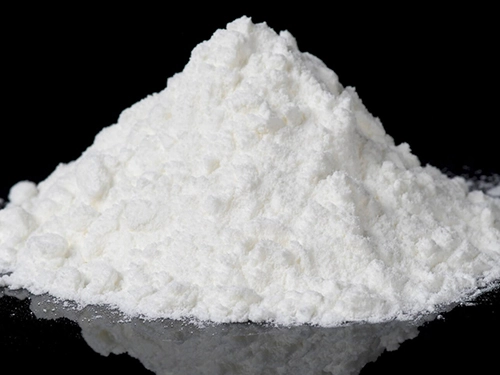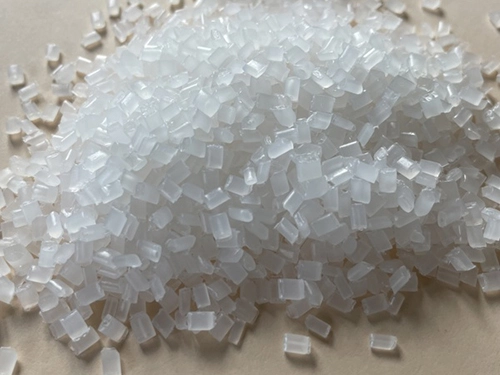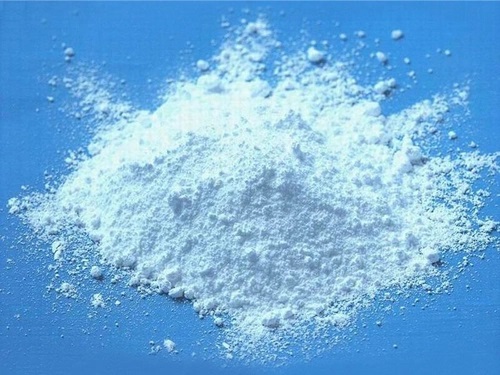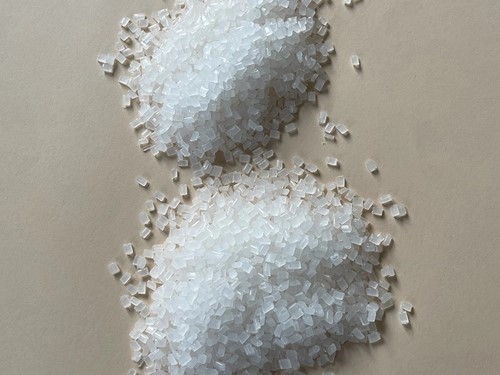PVDF coating, or Polyvinylidene Fluoride coating, is a type of high-performance coating made from a highly non-reactive thermoplastic fluoropolymer. It is widely used in various industries due to its exceptional properties.
Here are some of the key benefits of using PVDF in high-performance coatings:
Outstanding Chemical Resistance: PVDF coatings are highly resistant to a wide range of chemicals, including acids, bases, and solvents. This makes them ideal for use in environments where exposure to harsh chemicals is common, such as chemical processing plants and laboratories.
Excellent Weatherability: PVDF coatings offer exceptional resistance to ultraviolet (UV) radiation and weathering. They can withstand prolonged exposure to sunlight, rain, and other environmental factors without degrading, making them perfect for outdoor applications like building facades and roofing.
PVDF Thermal Properties: PVDF coatings can endure high temperatures without losing their properties. This thermal stability makes them suitable for applications that involve extreme heat, such as in the aerospace and automotive industries.
PVDF Mechanical Properties: These coatings provide excellent mechanical strength, including high tensile strength and impact resistance. This ensures that the coated surfaces can withstand physical stress and wear over time.
Low Surface Energy: PVDF coatings have low surface energy, which means they are less likely to attract dirt, dust, and other contaminants. This property makes them easier to clean and maintain, contributing to their long-lasting appearance and functionality.
Electrical Insulation: PVDF is an excellent electrical insulator, making it suitable for applications in the electronics industry. It helps protect sensitive electronic components from electrical interference and moisture.
Fire Resistance: PVDF coatings are inherently flame retardant and can help prevent the spread of fire. This makes them a safer choice for applications in buildings and other structures where fire safety is a concern.
Aesthetic Versatility: Available in a wide range of colors and finishes, PVDF coatings offer both functional and aesthetic benefits. They can be customized to meet specific design requirements, enhancing the visual appeal of the coated surfaces.
Environmental Resistance: PVDF coatings are resistant to a variety of environmental factors, including moisture, salt spray, and pollutants. This makes them suitable for use in harsh environments, such as coastal areas and industrial settings.
Long Service Life: Due to their durability and resistance to various degrading factors, PVDF coatings have a long service life. This reduces the need for frequent maintenance and replacement, offering cost savings over time.
Here are some applications of PVDF coatings:
Architectural: PVDF coatings are commonly used on building facades, roofing, and curtain walls due to their excellent weather resistance and aesthetic appeal.
Industrial: They are used in chemical processing plants, pipelines, and storage tanks to protect against corrosive substances.
Automotive: PVDF coatings are applied to various automotive components to enhance durability and resistance to environmental factors.
Electronics: In the electronics industry, PVDF coatings are used to protect sensitive components from moisture and chemical exposure.
Aerospace: The aerospace industry uses PVDF coatings for their lightweight and durable properties, which are essential for aircraft components.
PVDF coating is a versatile and high-performance solution for protecting and enhancing the durability of various materials and surfaces. Its unique combination of chemical resistance, UV stability, and mechanical strength makes it a preferred choice in many demanding applications across different industries.





